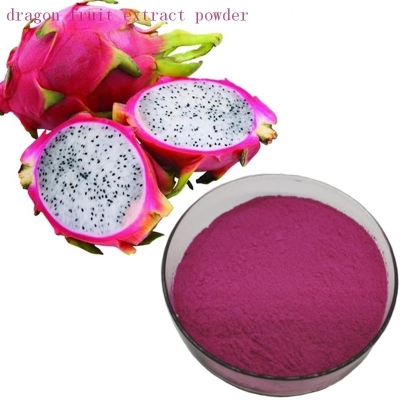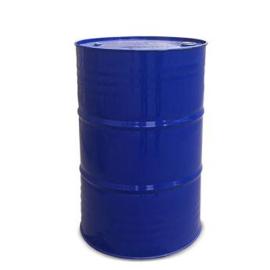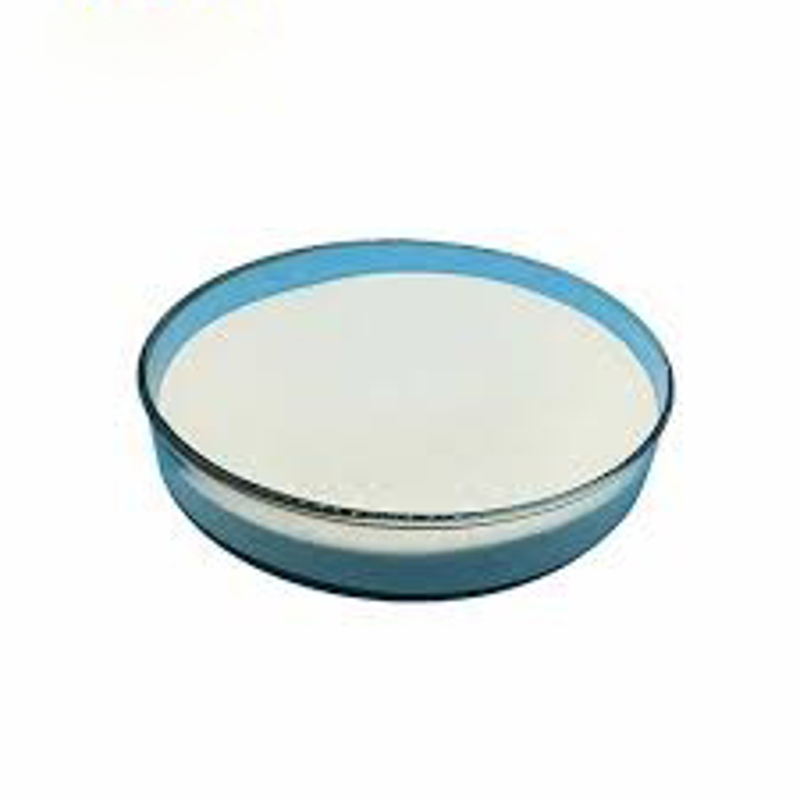-
Categories
-
Pharmaceutical Intermediates
-
Active Pharmaceutical Ingredients
-
Food Additives
- Industrial Coatings
- Agrochemicals
- Dyes and Pigments
- Surfactant
- Flavors and Fragrances
- Chemical Reagents
- Catalyst and Auxiliary
- Natural Products
- Inorganic Chemistry
-
Organic Chemistry
-
Biochemical Engineering
- Analytical Chemistry
- Cosmetic Ingredient
-
Pharmaceutical Intermediates
Promotion
ECHEMI Mall
Wholesale
Weekly Price
Exhibition
News
-
Trade Service
Ubiquitin-proteasome system (ubiquitin-proteasome system, UPS) is an important drug research and development target, de-ubiquitinase USP7 is involved in regulating a number of key tumor signaling pathlines including Wnt, Notch and Hippo, and the discovery of novel USP7 inhibitors is of great significance for tumor treatment.
small white chrysanthemum parthenolide (PTL) is a natural polythyl terpene compound with a variety of important pharmacological activities, and it is necessary to analyze its mechanism of action and molecular targets to advance its clinical research and application.
Li Xue, Ph.D. student in the natural product pharmacology and new pharmaceutical creation team of Kunming Plant Research Institute of the Chinese Academy of Sciences, etc., constructed a high-fluorine usP7 inhibitor high-fluorescence screening system based on fluorescent probe Ub-AMC, and found that the small white chrysanthemum endoester can significantly inhibit the activity of USP7 enzyme, which is the chemical structure skeleton type of the new USP7 inhibitor.
Using Ub-VME/Ub-PA probe markers, cell thermal transformation analysis, and surface plasma resonance technology,
found that PTL can directly bind to USP7, by selectively inhibiting the activity of USP7 to promote ubibinization and degradation of beta-catenin, inhibit the activity of the Wnt path and cell proliferation of colorectal tumors.
further analysis of the effects of Costunolide and alpha-santonin on USP7 and Wnt signaling pathways, it was found that alpha-methane-tyrennecate may be an active group of ptazine compounds inhibiting USP7, providing an important theoretical basis for improving the structural modification of its pharmaceutical characteristics.
the study was published in the biochemistry journal Journal of Biological Chemistry under the title "Parthenolide reseds ubiquitin-specific peptidase 7 (USP7), Wnt signaling, and colorectal cancer cell cell growth.
the study was supported by the National Natural Science Foundation of China (81803587,81773783,81603161), the Western Light Young Scholars of the Chinese Academy of Sciences, and the Yunnan Provincial Science and Technology Department Fund (2019FD054).
()







